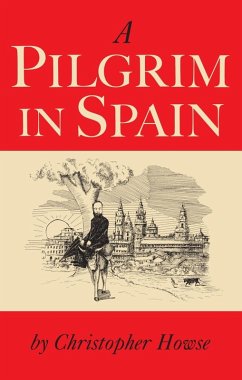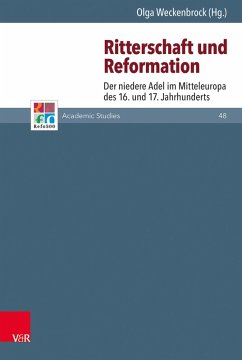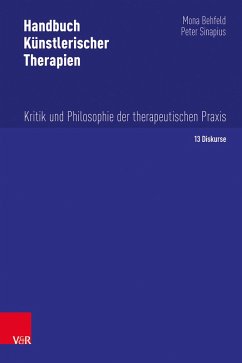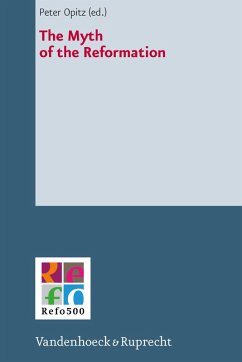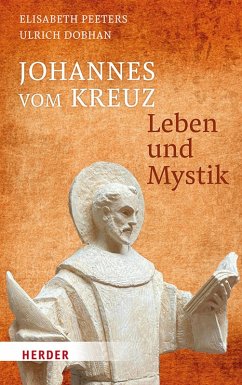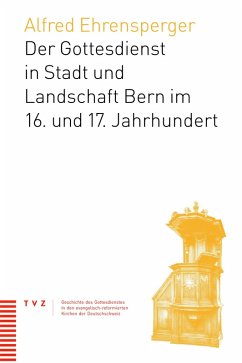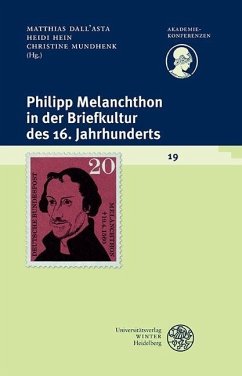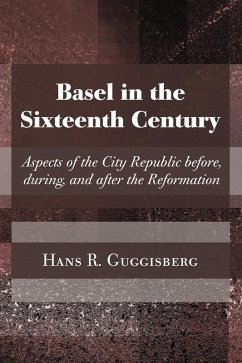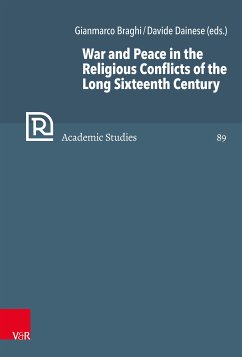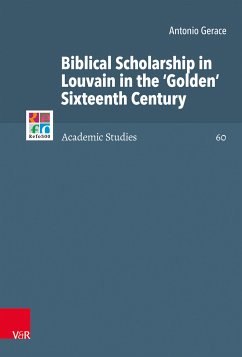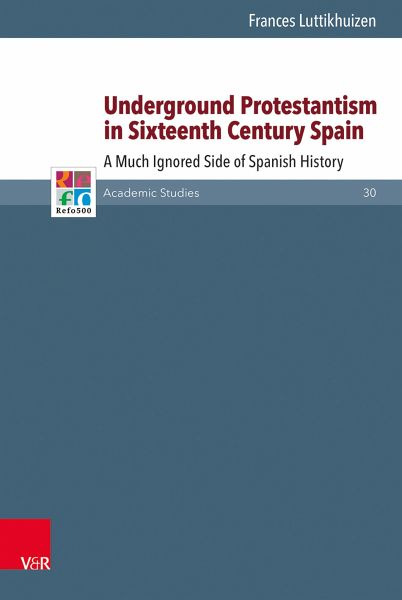
Underground Protestantism in Sixteenth Century Spain (eBook, PDF)
A Much Ignored Side of Spanish History
Versandkostenfrei!
Sofort per Download lieferbar
Statt: 120,00 €**
110,00 €
inkl. MwSt. und vom Verlag festgesetzt.
**Preis der gedruckten Ausgabe (Gebundenes Buch)
Alle Infos zum eBook verschenkenWeitere Ausgaben:

PAYBACK Punkte
0 °P sammeln!
Frances Luttikhuizen chronicles the arrival, reception, and suppression of Protestant thought in sixteenth century Spain-referred to at that time as 'Lutheranism'. It opens with several chapters describing the socio-political-religious context that prevailed in Spain at the beginning of the sixteenth century and the growing trend to use the vernacular for parts of the Mass, as well as for catechizing the populace. Special attention is given to the forerunners, that is, the early alumbrado-deixados, the role of Cardinal Cisneros, and the impact of Erasmus and Juan de Valdes, etc. The use of arc...
Frances Luttikhuizen chronicles the arrival, reception, and suppression of Protestant thought in sixteenth century Spain-referred to at that time as 'Lutheranism'. It opens with several chapters describing the socio-political-religious context that prevailed in Spain at the beginning of the sixteenth century and the growing trend to use the vernacular for parts of the Mass, as well as for catechizing the populace. Special attention is given to the forerunners, that is, the early alumbrado-deixados, the role of Cardinal Cisneros, and the impact of Erasmus and Juan de Valdes, etc. The use of archival material provides new details regarding the historical framework and the spread of evangelical thought in sixteenth century Spain. These dispatches and trial records greatly enrich the main body of the work, which deals with the arrival and confiscation of evangelical literature, the attitude of Charles V and Philip II towards religious dissidents, and the severe persecution of the underground evangelical circles at Seville and Valladolid. Special attention is given to the many women involved in the movement. The recurrent mention of the discovery and confiscation of prohibited literature shows how books played an important role in the development of the movements. The final chapters focus on the exiles and their contributions, the persecution of foreigners, and the years up to the abolition of the Inquisition. The work concludes with the efforts made in the nineteenth century to rediscover the history of the persecuted sixteenth century Spanish Protestants and their writings.
Dieser Download kann aus rechtlichen Gründen nur mit Rechnungsadresse in A, B, BG, CY, CZ, D, DK, EW, E, FIN, F, GR, H, IRL, I, LT, L, LR, M, NL, PL, P, R, S, SLO, SK ausgeliefert werden.




